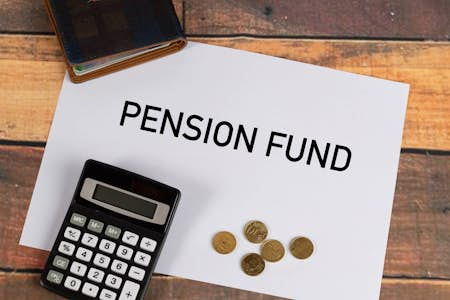Bernie Weallans, a 73-year-old woman from Brighton, has recently spoken to the BBC about how she went without receiving any state pension for years. After seeing recent articles about underpayments of the state pension to women, she got in touch with the former Pensions Minister about her case. She will now receive thousands in back-pay along with the regular state pension payments she should have been receiving for years.
Born in the Netherlands, Mrs Weallans did most of her paid work outside the UK and was told she was not entitled to any state pension. However, she was married to a British man for more than four decades and suspected there was a problem when she was first told she would not be entitled to a state pension.
Maximise your retirement fund with our panel of pension providers. Click on your chosen provider to get started!
Urging other women to look into their pension eligibility
Many people may have hidden state pensions, with many having no idea that they are entitled to something. Many people take what the Department of Work and Pensions (DWP) says as read and never look into it any further. However, as Mrs Weallans has proven, taking steps to investigate could mean many people recoup what they are owed.
Mrs Weallans had read about the recent mistakes that had come to light concerning pension underpayments for women across the UK over the years. She then got in touch with the former Pensions Minister, Steve Webb, now a consultant at LCP. She discovered that she had been entitled to a married woman's pension from when her husband had retired.
She will now receive the £82.00 per week she is entitled to along with around £20,000 in back-pay for the pension payments she missed out on. She said the money would help her enormously and is now urging other women to discover whether they have been missing out on state pension money they are entitled to.
Many owed vast sums of money
Research carried out by Mr Webb and LCP has shown that more than 100,000 people are not receiving any money when they are entitled to some level of state pension. This is often down to poor national insurance records, according to LCP.
Mr Webb said that it was shocking to see the number of seniors on zero pensions because of issues such as poor national insurance records, health barriers, or even language barriers.
He said, "The government needs to do much more to identify those who are on zero state pensions and to make sure that they draw the pension to which they are entitled."
Officials from the DWP have also urged those who believe they may be entitled to money to go onto the Gov.uk website and make an application so their case can be looked into.







